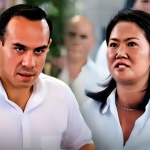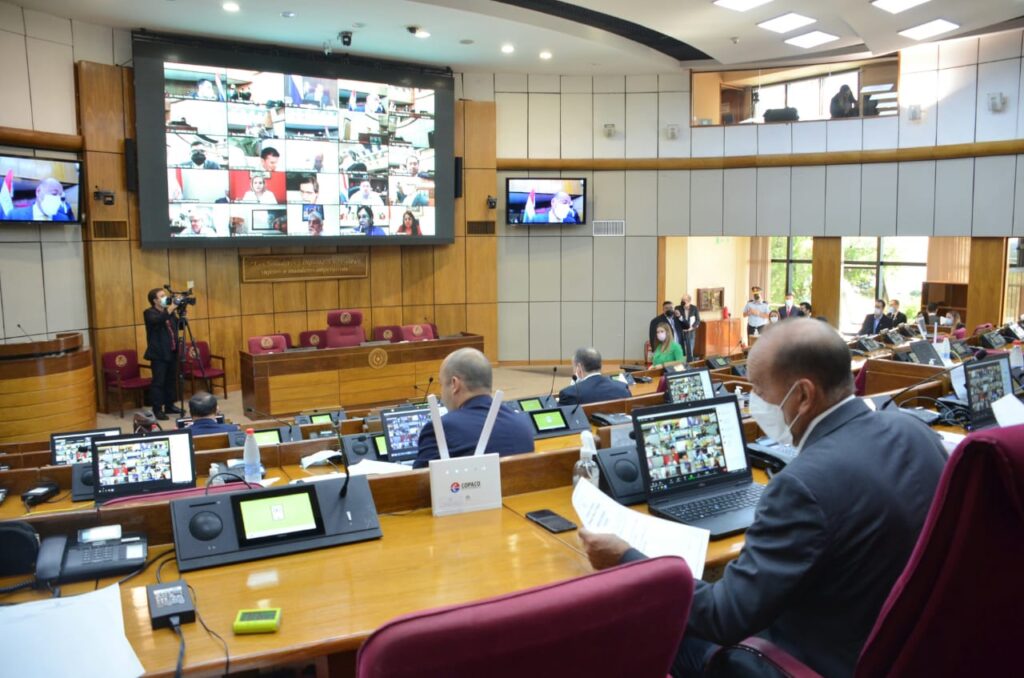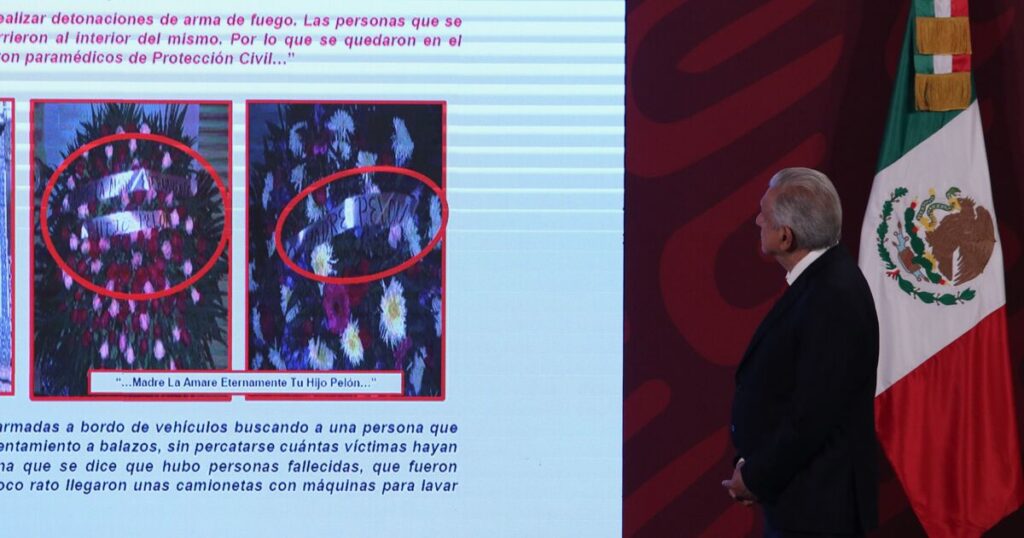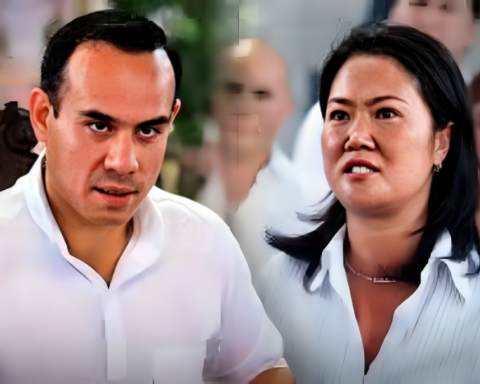The plenary session of the National Assembly approved this Thursday the bill 764 that creates the Autonomous University of Indigenous Peoples.
This proposal, which is an initiative of the Executive Branch, allows improving the comprehensive development of indigenous peoples, through higher education and seeks to close the gap in education.
In recent days, the Minister of Education, Maruja Gorday de Villalobos, attended the plenary session of the legislature and explained that this law also seeks to level the social and educational asymmetry of indigenous peoples so that they have an education with cultural relevance and innovation.
The deputy Petita Ayarza said that “I am proud that our bilingual intercultural mother tongue manifests itself in a university and that our professionals already trained in different fields excel in the workplace, once they finish their university career.”
The new generation that is coming must look to the future of this university, with a long-term vision, in which human development is effective, added Ayarza.
This higher education center will be located in Llano Tugrí, Ngäbe Buglé region, and constitutes an important project for the fight against poverty, sustainably develops the different communities, the conservation of the environment and the cultural identity of the original citizens.
The Autonomous University of Indigenous Peoples will be autonomous, with legal status and its own assets, with the power to administer, manage and organize its study and research plans and programs, which will begin with four careers: degrees in Health Educators, in Technology and Agricultural Innovation, in Bilingual Intercultural Education, in Historic and Territorial Ethno-Tourism.
The intervention areas of this project are located in the different comarcas such as: Ngäbe Buglé, Naso Tjërdi, Bribrí, Guna Yala, Emberá Wounaan and Bokotas, settled in comarcal lands and collective territories, which need to make a qualitative leap in the dimension of higher education and towards teaching in general to face the current and future challenges of our nation.
Said law establishes educational offers consistent with the socioeconomic reality, in addition to strengthening and strengthening the cultural identity of the native peoples and the regional areas.











